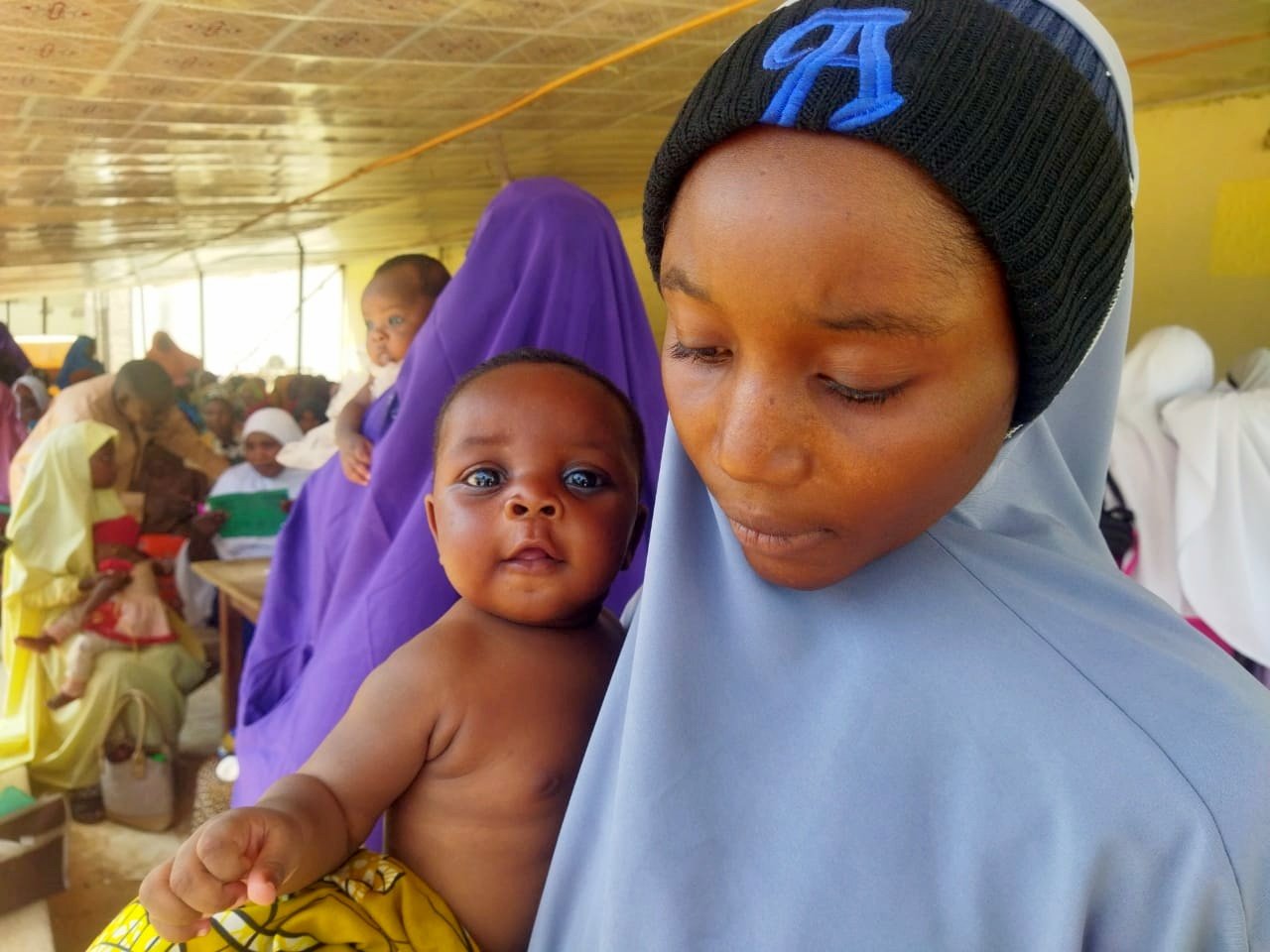Gom Mirian
A new study published in the Lancet has found that 1 in 10 babies born worldwide in 2020 were premature, with 65% occurring in sub-Saharan Africa.
Premature births mean the babies were delivered before full 37 weeks of pregnancy.
The data released on October 6, 2023 on the WHO website, was contained in the report of the study conducted by authors from the World Health Organisation (WHO), the United Nations Children’s Fund (UNICEF) and the London School of Hygiene and Tropical Medicine.
It also estimated that around 13.4 million babies were born prematurely in 2020, while highlighting the urgent need to improve care for preterm babies and prevention efforts.
Premature births are a leading cause of death for children in their early years, and can also lead to lifelong health complications such as major illnesses, disability and developmental delays, and chronic diseases such as diabetes and heart conditions.
The report emphasised the importance of maternal health and nutrition in preventing premature births and improving childhood survival rates, while noting that improvements in prenatal care and access to healthcare resources.
“Preterm babies are especially vulnerable to life-threatening health complications and they need special care and attention,” said Dr Anshu Banerjee, Director of Maternal, Newborn, Child and Adolescent Health and Ageing at WHO.
“These numbers show an urgent need for serious investment in services available to support them and their families as well as a greater focus on prevention – in particular, ensuring access to quality health care before and during every pregnancy.”
According to the report, “The paper, National, regional, and global estimates of preterm birth in 2020, with trends from 2010: a systematic analysis, provides global, regional and country estimates and trends for preterm births between 2010 and 2020, revealing large disparities between regions and countries.
“Around 65% of preterm births in 2020 occurred in sub-Saharan Africa and southern Asia, where over 13% babies were born preterm. The rates in the worse affected countries – Bangladesh (16.2%), Malawi (14.5%) and Pakistan (14.3%) – are three or four times higher than those in the least affected countries – Serbia (3.8%), Moldova (4%) and Kazakhstan (4.7%).
“Preterm birth is not just an issue in low and middle-income countries, however, and the data shows clearly that it affects families in all parts of the world. Rates of 10% or higher occur in some high-income countries such as Greece (11.6%) and the United States of America (10%).
“Maternal health risks, such as adolescent pregnancy, infections, poor nutrition, and pre-eclampsia, are closely linked to preterm births. Quality antenatal care is critical to detect and manage complications, to ensure accurate pregnancy dating through early ultrasound scans and if needed, to delay labour through approved treatments,” it added.



